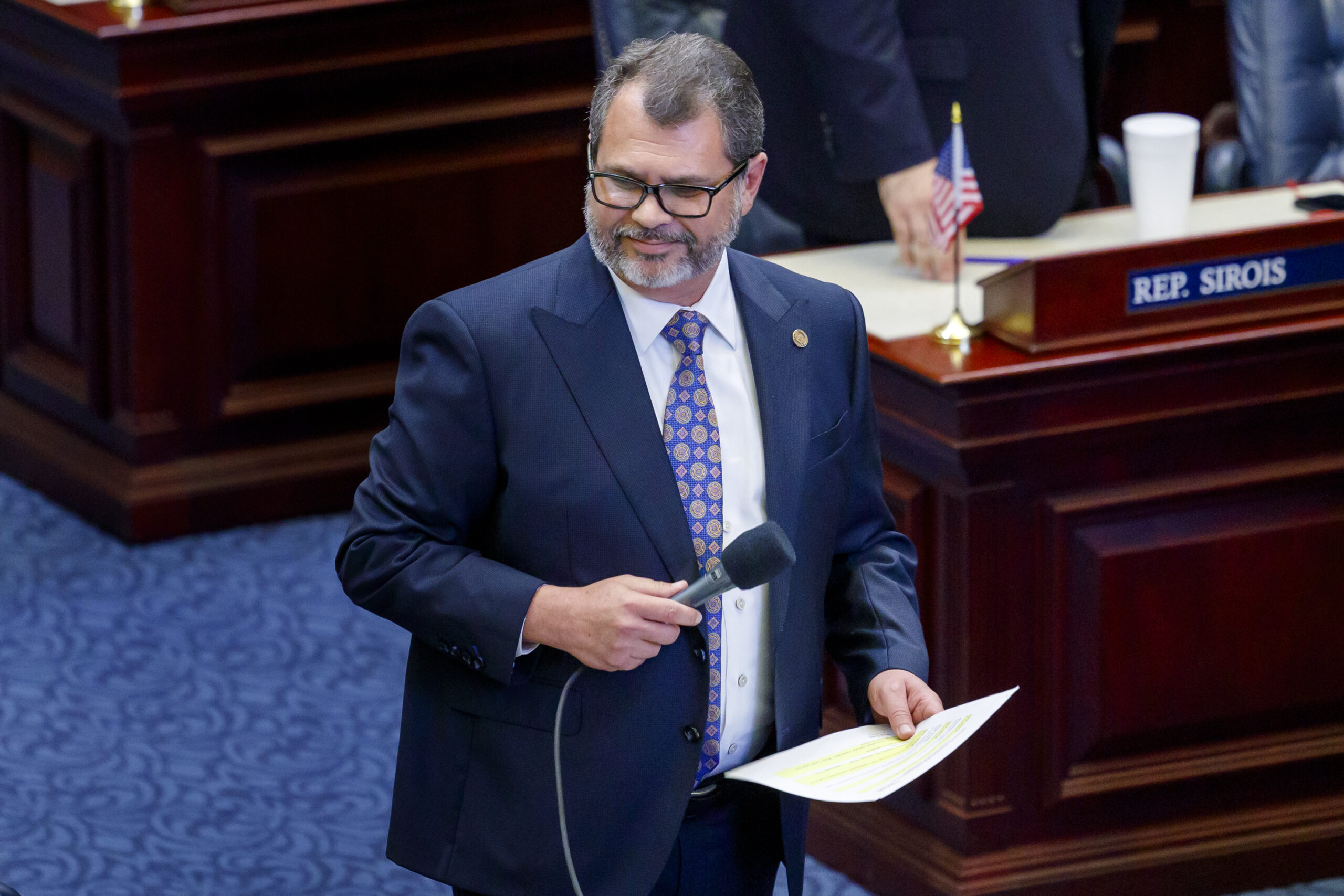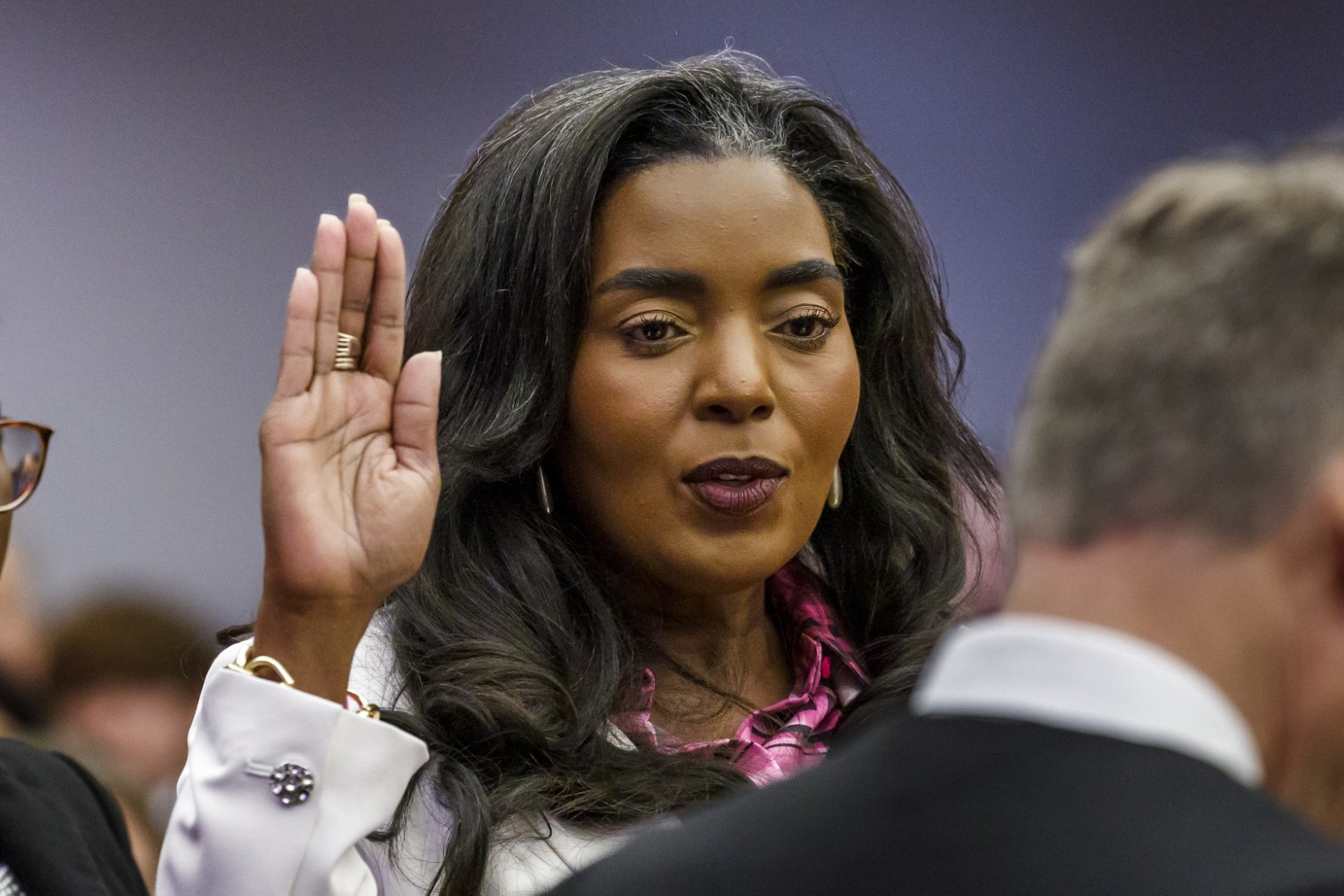Legislation to help innocent parents disprove false child abuse claims just passed in the Senate with unanimous support.
Members of the Senate voted 37-0 for SB 304, which among other things would give parents whose children are removed from their custody on suspicion of physical abuse the right to request and receive additional medical examinations — at their expense — in certain situations
“This bill seeks to mend the gaps in Florida’s child abuse investigation procedures that can fail to consider infants and young children with preexisting genetic conditions,” said the bill’s sponsor, Broward County Democratic Sen. Barbara Sharief.
“The goal of this legislation is to protect vulnerable children, give parents a right to a qualified medical opinion for their children and reunify families who would otherwise be wrongfully separated. … This good bill strengthens (the) Florida child welfare system by incorporating medical expertise into investigations, preventing unjust separations and preserving the integrity of the process.”
SB 304 is called “Patterson’s Law” after Michael and Tasha Patterson and their twin sons, whom the Department of Children and Families (DCF) took custody of in 2022 after broken bones the boys suffered raised alarms during an emergency room visit.
The couple took their matter to court, citing medical evidence showing that like their mother, the boys — who have still not been returned — have a rare genetic disorder called Ehlers-Danlos syndrome that causes fragile bones and easy bruising.
The Pattersons’ story is not an isolated incident. One Facebook group for families “who have been impacted by the medical misdiagnosis of child abuse” called Parents Behind The Pinwheels has 9,200 likes and 16,000 followers.
Sharief, a doctor nursing practice and former Broward Mayor, said various preexisting genetic conditions like Ehlers-Danlos syndrome, rickets, osteogenesis imperfecta and vitamin D deficiency can lead to signs of bodily harm that aren’t due to physical abuse, but the state’s process for determining whether that’s the case is faulty, and it’s hurting families.
Today, she said, when there is a report of physical abuse, DCF conducts a visit and if visible bodily harm is observed, the child is immediately removed from the parent for their safety. A 24-hour shelter follows, after which a temporary protective supervision process begins, lasting up to 21 days until a determination is made.
But genetic testing critical to identifying preexisting conditions can take upward of six months to process, and in many cases siblings must also undergo testing that further delays reunification.
“The issue is that child protective investigators who may not be familiar with these diseases often make initial determinations of abuse based solely on physical findings — injuries such as broken ribs, bowed limbs (and) dislocated joints, which are characteristic of certain medical conditions — (that) can be misdiagnosed as a sign of physical abuse,” Sharief said earlier this month.
“This bill will ask that a qualified physician or medical professional gives an opinion to determine whether (the child’s injuries are) consistent with an underlying medical condition or with child abuse. Currently, parents do not have enough time to identify or submit a second opinion (from a qualified physician or medical professional to challenge an abuse determination, (and) families are wrongfully separated.”
SB 304 aims to fix that. It would give DCF more time to forward allegations of criminal conduct to a law enforcement agency if a parent alleges the existence of certain preexisting medical conditions or has requested an examination.
The bill, effective July 1, would require child protective investigators to remind parents at the beginning of an investigation that they have a duty to report their child’s preexisting conditions and provide supporting records in a timely manner. It would also mandate that child protective teams consult with a licensed physician or advanced practice registered nurse with relevant experience in such cases.
In the bill’s final committee stop last week, Boynton Beach Democratic Sen. Lori Berman commended Sharief for filing SB 304 and noted that numerous parents who had been affected by the issue had spoken in favor of the legislation at the bill’s prior committee stop.
“It was so emotional and moving and gut-wrenching because a lot of them have still not even been reunited with their children,” said Berman, who in 2023 passed Greyson’s Law to better safeguard children at risk of parental harm. “This is a really necessary bill.”
Sharief, a freshman state lawmaker, thanked Republican Sens. Erin Grall, Kathleen Passidomo and Clay Yarborough for helping her to fine-tune her bill during its committee stops.
More than 60 residents, the Florida Smart Justice Alliance and Florida Justice Association have signaled support for SB 304 and its lower-chamber analog (HB 511) by Weston Democratic Rep. Robin Bartleman and Shalimar Republican Rep. Patt Maney.
The House bill awaits a hearing before the last of three committees to which it was referred. So far, it has only received “yes” votes.
Prior to its passage in the Senate on Wednesday, Sharief amended SB 304 so that its language matched that of HB 511, easing the process of passing the legislation once it reaches the House floor.
Post Views: 0

 Entertainment8 years ago
Entertainment8 years ago
 Politics8 years ago
Politics8 years ago
 Entertainment8 years ago
Entertainment8 years ago
 Entertainment8 years ago
Entertainment8 years ago
 Tech8 years ago
Tech8 years ago
 Tech8 years ago
Tech8 years ago
 Tech8 years ago
Tech8 years ago
 Politics8 years ago
Politics8 years ago











